Inspired by nature, this little wooden ‘robot’ has been designed to bury itself.
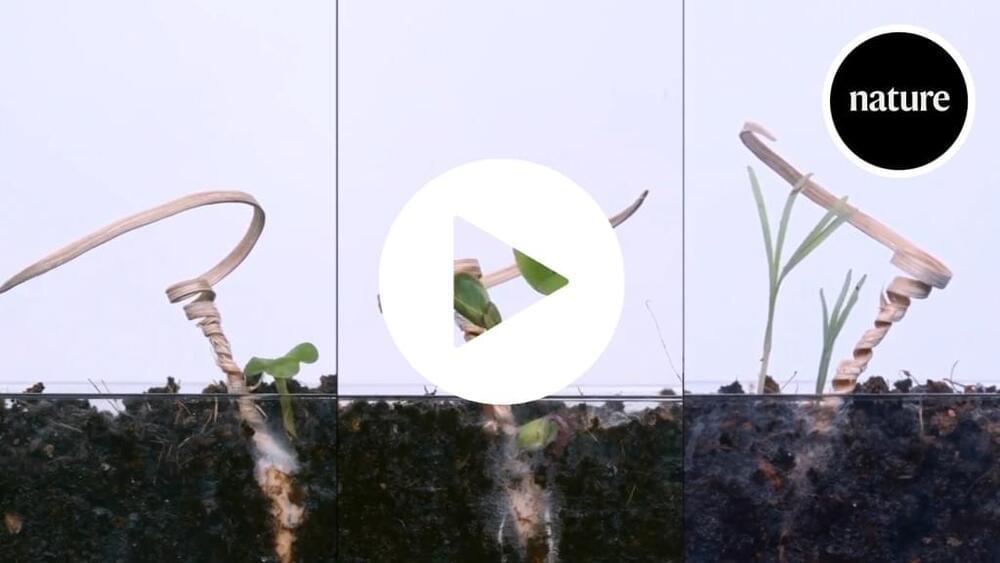

The Shift.
Even inside the company, the chatbot’s popularity has come as something of a shock.

As technology will progress robots will become cheaper.in future healthcare robots can be available at v less cost.then we can gift these robots to our bedridden friends and relatives.
A nurse-assisting robot named Moxi has been working with clinical staff on the neurology unit at Texas Health Presbyterian Hospital Dallas. During the month-long trial, Moxi helped with fetch-and-gather tasks such as delivering admissions kits, lab specimens and picking up and dropping off linen bags. Texas Health Dallas is the first hospital in the country to deploy Moxi. The robot was designed to provide clinical staff more time to focus on patient care.
Texas Health Resources.
http://www.TexasHealth.org.
1–877-THR-WELL.
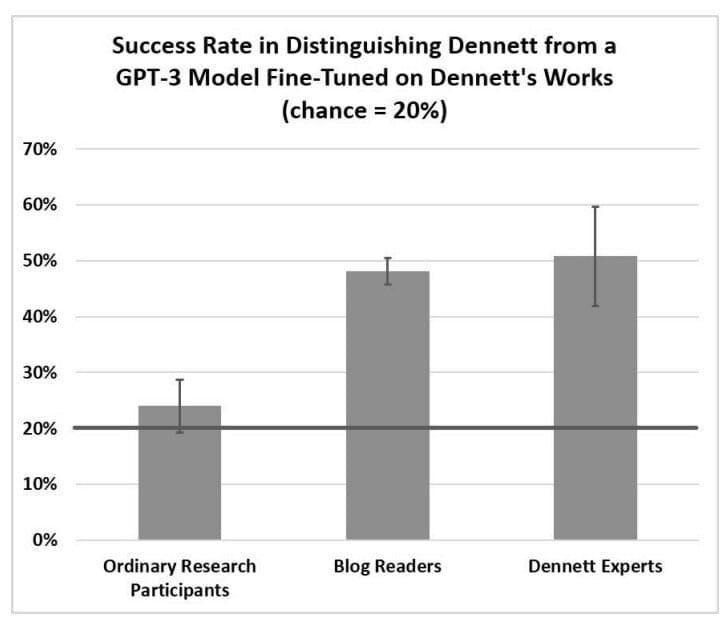
In recent years, computer scientists have been trying to create increasingly advanced dialogue and information systems. The release of ChatGPT and other highly performing language models are demonstrating just how far artificial intelligence can go in answering user questions, writing texts and conversing with humans.
Researchers at University of California-Riverside, École Normale Supérieure (ECN) in Paris, and Ludwig-Maximilians-Universität München developed a large language model that can answer philosophical questions in the voice of a specific philosopher. This model, presented in a paper published on the pre-print server arXiv, can autonomously generate answers that closely resemble those produced by human philosophers.
“Anna Strasser, Matthew Crosby and I had noticed that people were creating GPT-3 outputs in the style of various writers or other philosophers,” Eric Schwitzgebel, one of the researchers who carried out the study, told Tech Xplore. “We thought it would be interesting to see if we could fine-tune GPT-3 (Generative Pre-trained Transformer 3) on the body of work of a philosopher, then ask it questions and see if it said things that the real philosopher might have said.”
Google was referring to its dominant position in the search market. In the early 2000s, several search engines existed in the market, but Google now has 90 per cent of the market. It is also not the pioneer of Android, though it purchased it at an early stage. At that time, the market was dominated by Blackberry and Nokia custom OS (operating systems), but today, Android has the largest mobile OS market share.
In the email, Pichai reportedly remained optimistic and said that AI has “gone through many winters and springs”, adding that the “most important thing we can do right now is to focus on building a great product and developing it responsibly.”
Following Google Bard’s patchy launch last week, Google employees called the rollout rushed and botched. Google was feeling massive pressure from Microsoft, which is leveraging OpenAI’s new-gen ChatGPT technology into its Bing search engine and Edge browser.
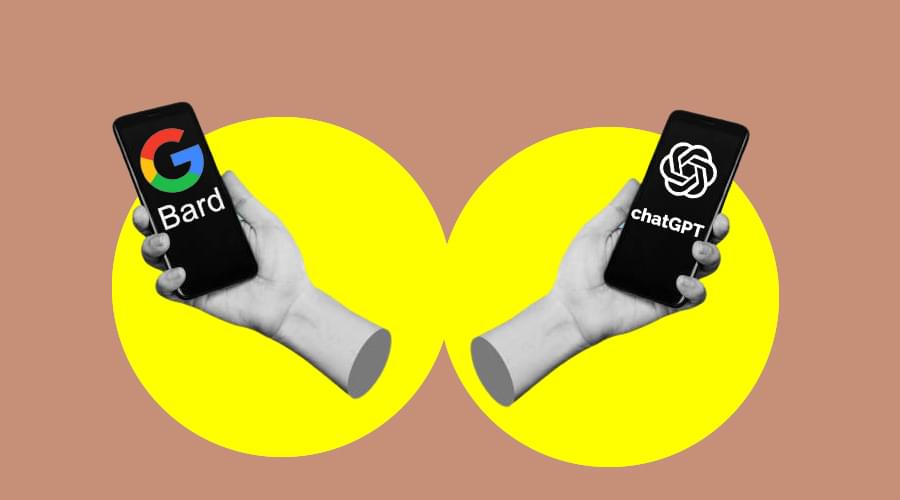
Google developed the language model known as Google Bard AI (Bidirectional Encoder Representations from Transformers) to produce high-quality text by anticipating the next word in a given phrase based on context. It is trained on a sizable corpus of text and may be tailored using smaller datasets to produce material in a particular style or domain.
The third version of OpenAI’s language model, GPT-3 (Generative Pretrained Transformer 3), was trained on enormous volumes of text data and is capable of producing text, summarising text, translating text, responding to inquiries, and carrying out a range of other natural language tasks.
Let’s take a look at the top 5 differences between ChatGPT and Google Bard AI.
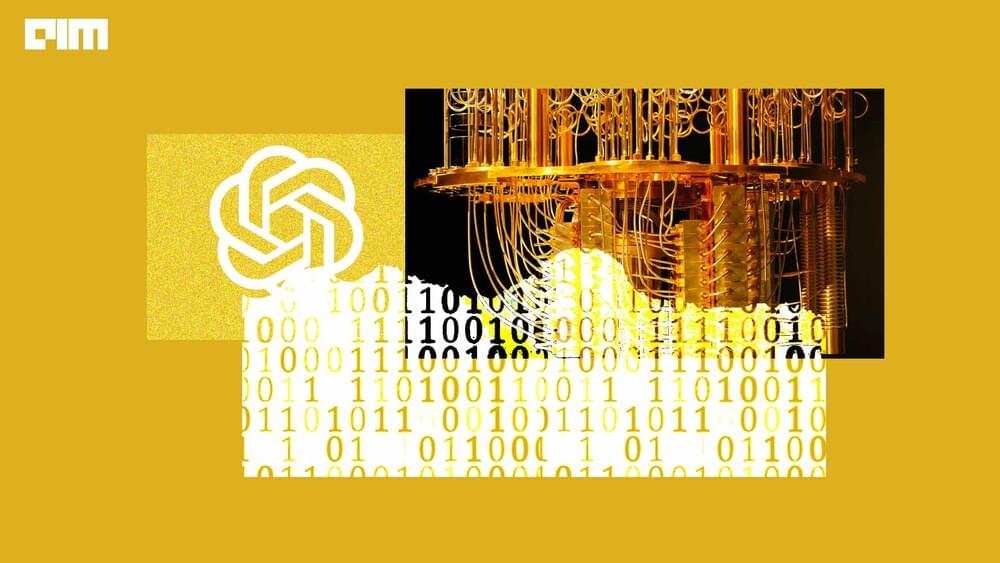
It is truly an exciting time for the world of computing. Imagine being able to complete complex computing tasks in just a matter of hours, or even minutes, instead of waiting for days on end. L Venkata Subramaniam, a Quantum Distinguished Ambassador at IBM, tells AIM that this dream could become a reality thanks to the incredible power of quantum computing.
“Quantum naturally works in a higher dimensional space where data is better viewed or separated, or you can understand more about the data. Therefore, it is easier to work in quantum on AI problems,” said Subramaniam.
Quantum computing can also be effective in working with fundamental models, such as ChatGPT. Certain early observations suggest that quantum computing can achieve comparable results to classical AI using less training data and has the potential to accelerate the training process for AI models.

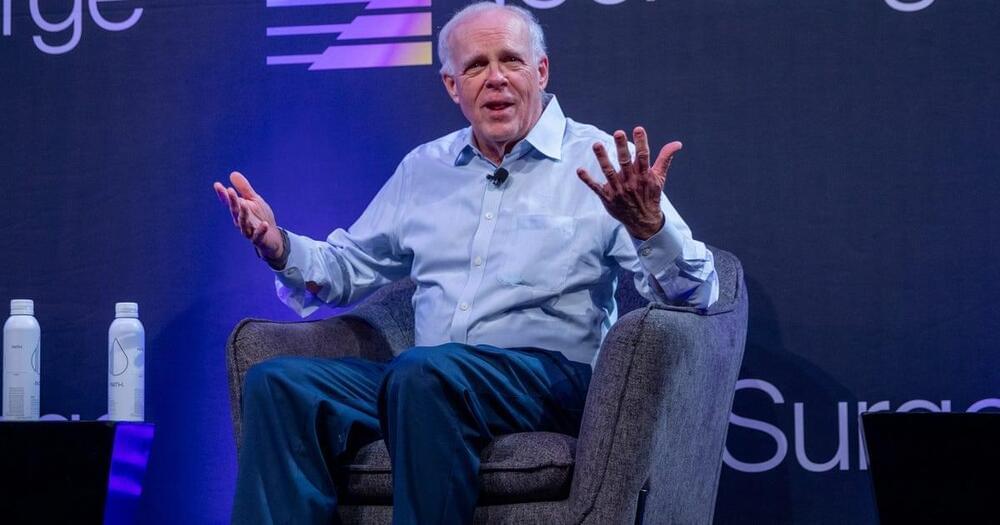
ChatGPT and other AI systems are propelling us faster toward the long-term technology dream of artificial general intelligence and the radical transformation called the “singularity,” Silicon Valley chip luminary and former Stanford University professor John Hennessy believes.
Hennessy won computing’s highest prize, the Turing Award, with colleague Dave Patterson for developing the computing architecture that made energy-efficient smartphone chips possible and that now is the foundation for virtually all major processors. He’s also chairman of Google parent company Alphabet.